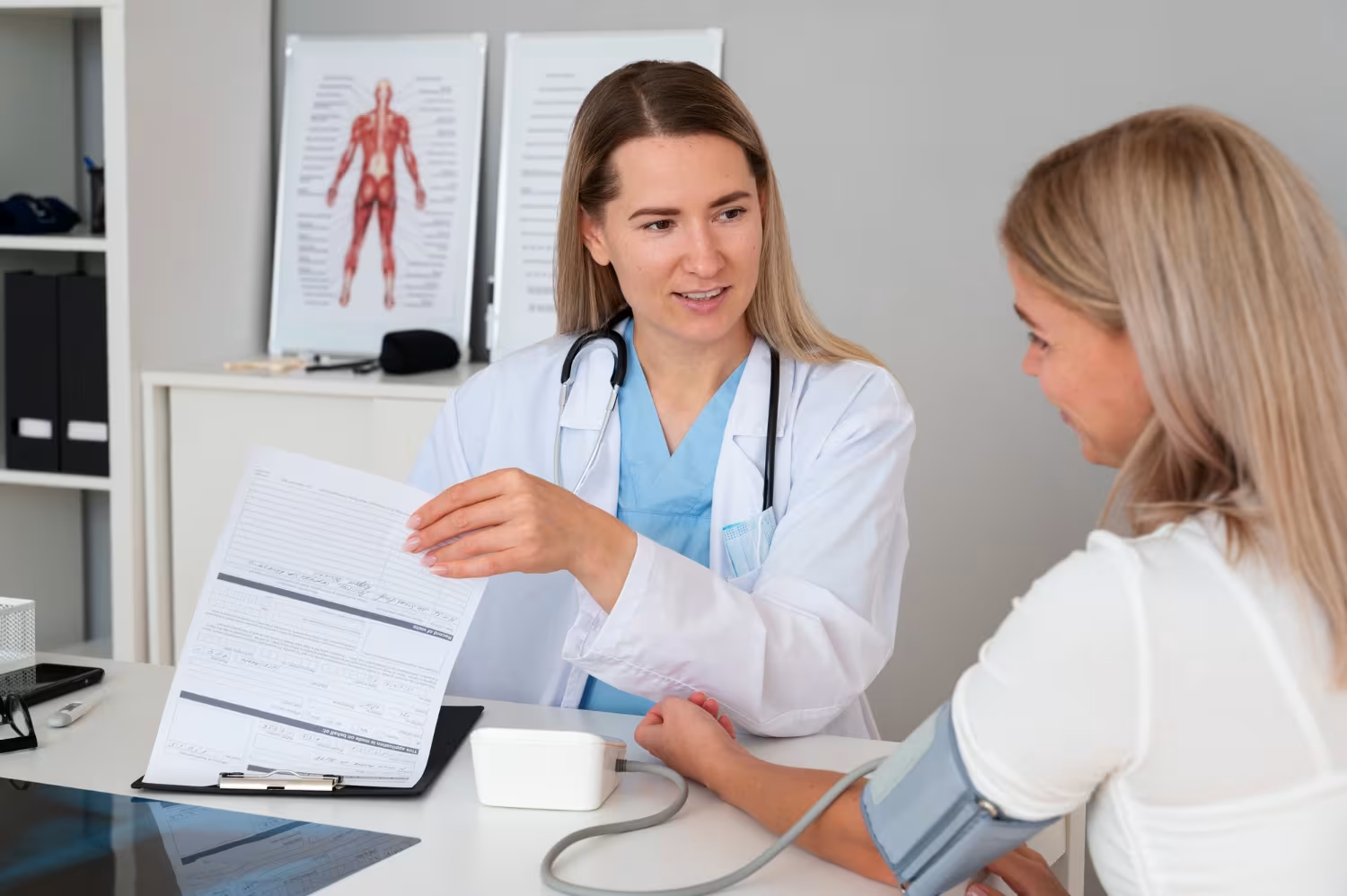
In a landmark move for women’s health, the UK government has announced that menopause advice and screening will become a standard part of NHS health checks. From next year, millions of women across England will benefit from this inclusion — the first time menopause has been formally recognised within the NHS Health Check programme.
The update, confirmed by Health Secretary Wes Streeting, marks a major shift in how the healthcare system supports women experiencing perimenopause and menopause. The change aims to raise awareness, improve early diagnosis, and ensure women receive the guidance and treatment they need during this significant life stage.
For years, women have reported feeling unheard or unsupported when discussing menopause symptoms with healthcare providers. Many have been told to “just get on with it” or have had their symptoms misdiagnosed as stress or anxiety.
Wes Streeting acknowledged this gap in care, saying:
“Women have been suffering in silence for far too long and haven’t been encouraged to open up about the symptoms they’re experiencing. No one should have to grit their teeth and just get on with what can be debilitating symptoms.”
The new initiative will integrate menopause questions and advice into free NHS health checks, which are offered every five years to adults aged 40 to 74. These checks traditionally focus on conditions such as heart disease, diabetes, kidney disease, and stroke, but from 2026 they will also include tailored questions about menopausal health.
The inclusion of menopause within the NHS Health Check will help ensure that nearly five million women can discuss symptoms such as:
Many women also experience cognitive changes such as memory lapses, difficulty concentrating, or “brain fog.” If you’d like to understand these symptoms in more detail, you can read our in-depth guide on the effects of menopause on the brain and cognitive health.
Women who report symptoms will be signposted to further support — including NHS resources, counselling, and treatment options such as hormone replacement therapy (HRT) or other symptom management approaches.
Dr Sue Mann , National Clinical Director for Women’s Health at NHS England, said:
“Far too often we hear women say their concerns aren’t listened to. By tailoring the NHS Health Check to include questions around menopause, we hope more women will get the support they need.”
The move is part of the government’s Plan for Change — a long-term mission to build an NHS “fit for the future.” It reflects growing recognition that women’s health has historically been under-prioritised, leading to delayed diagnoses and unnecessary suffering.
Research shows that three-quarters of women experience menopausal symptoms, yet fewer than one in ten feel adequately informed about how to manage them. Symptoms can last an average of seven years, significantly affecting work, relationships, and mental wellbeing.
By bringing menopause into the mainstream of healthcare conversations, clinicians can identify issues earlier and provide personalised care before symptoms become severe.
Medical leaders and campaigners have widely welcomed the announcement, calling it a breakthrough in tackling the stigma that often surrounds menopause.
Professor Ranee Thakar, President of the Royal College of Obstetricians and Gynaecologists, said:
“Creating space for women to get information about menopause symptoms, support and treatments will break down barriers, reduce stigma, and help many women live more happily and healthily in middle age.”
However, experts also highlighted the need to ensure equal access across all communities. Uptake of NHS health checks remains low — with fewer than half of eligible people attending — and even lower in marginalised and ethnic minority groups.
Janet Lindsay, from Wellbeing of Women, warned that “progress on menopause support cannot leave these communities behind.” To have the greatest impact, she said, there must be “strong outreach and staff training so every woman feels empowered to attend her health check.”
Women’s Health Ambassador Dame Lesley Regan noted that around 400,000 women in the UK will become menopausal this year, yet most still lack accurate information about what’s happening to their bodies.
“Every girl and woman who has menstrual periods will become menopausal, some earlier than others,” she said. “It’s vital we provide supportive healthcare so that women aren’t disadvantaged by symptoms that are easily treatable.”
Campaigners such as Mariella Frostrup and organisations like Menopause Mandate — which led a two-year campaign for this policy — called the decision a “historic victory” for women’s health. Their surveys showed that 99% of women wanted menopause information included in NHS checks, but only 14% had ever learned about it from a healthcare professional.
This policy forms part of a broader transformation in women’s healthcare, following other recent milestones:
Each of these initiatives contributes to a more responsive and inclusive NHS — one that recognises women’s unique health needs throughout every life stage.
While NHS progress is welcome, many women prefer to access private menopause treatment for faster diagnosis, personalised hormone therapy, and lifestyle support.
At Private Medical Clinic, our experienced clinicians provide confidential consultations for women navigating perimenopause and menopause. We offer comprehensive hormone testing, personalised treatment plans, and ongoing support to help manage physical and emotional changes.
If you’re experiencing menopause symptoms or would like to discuss treatment options such as HRT or weight management support, our team is here to help.
The inclusion of menopause screening in NHS health checks marks a historic moment for women’s health in the UK. It brings long-overdue visibility to a topic that affects half the population yet has been overlooked for generations.
By opening the conversation, improving access to care, and empowering women with knowledge, the NHS is taking an important step toward better, more compassionate healthcare for all.





